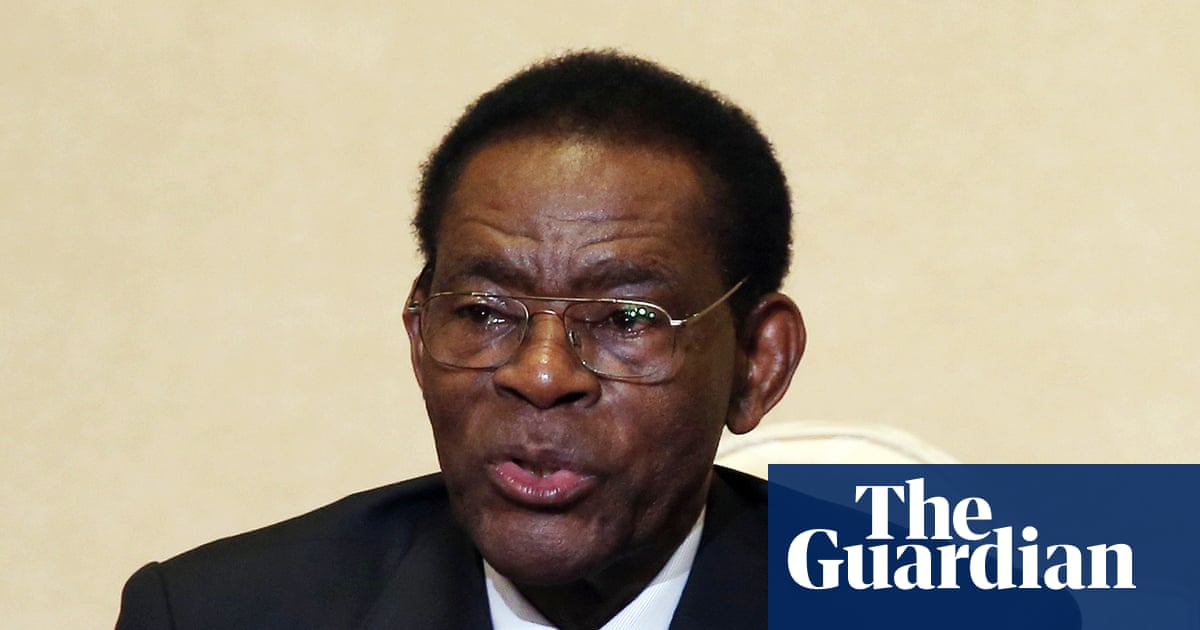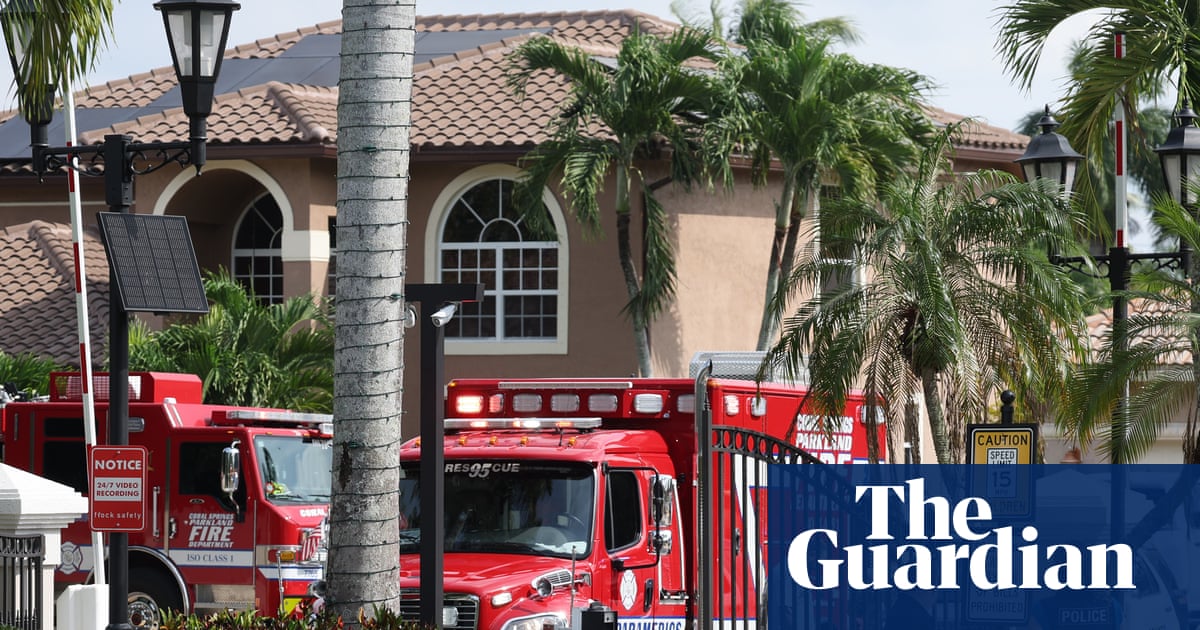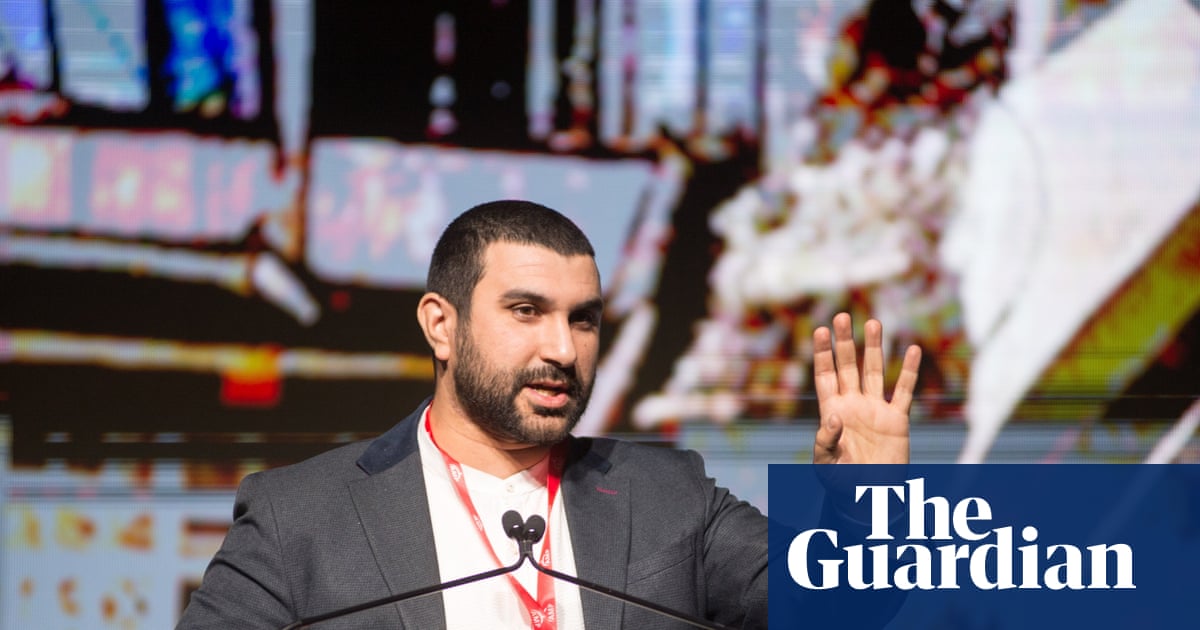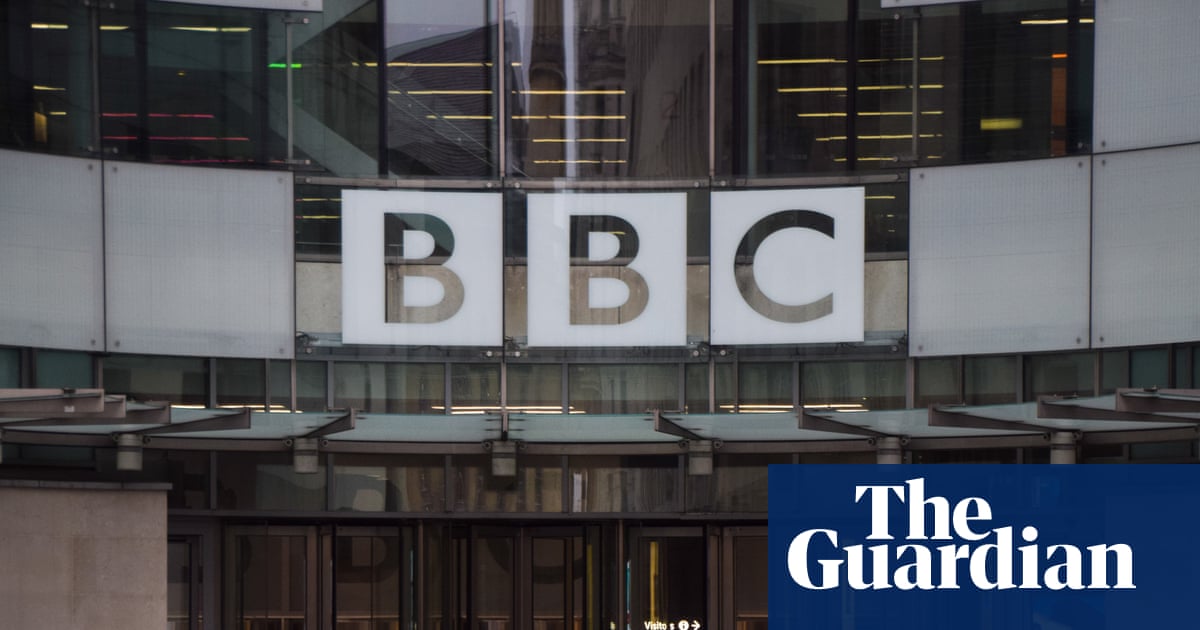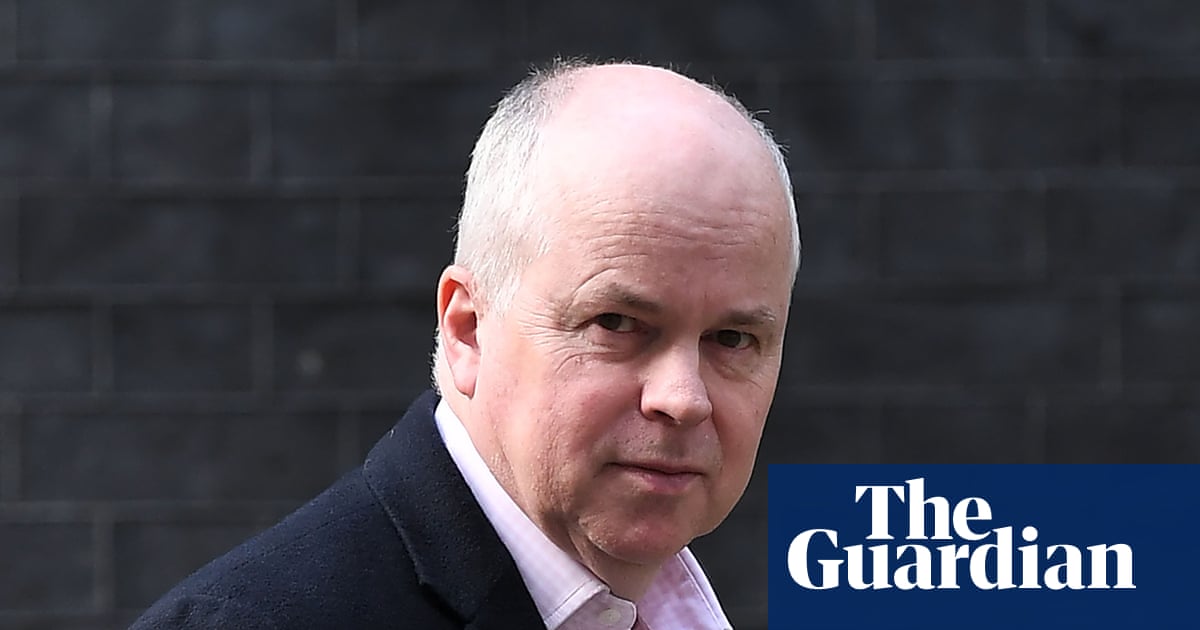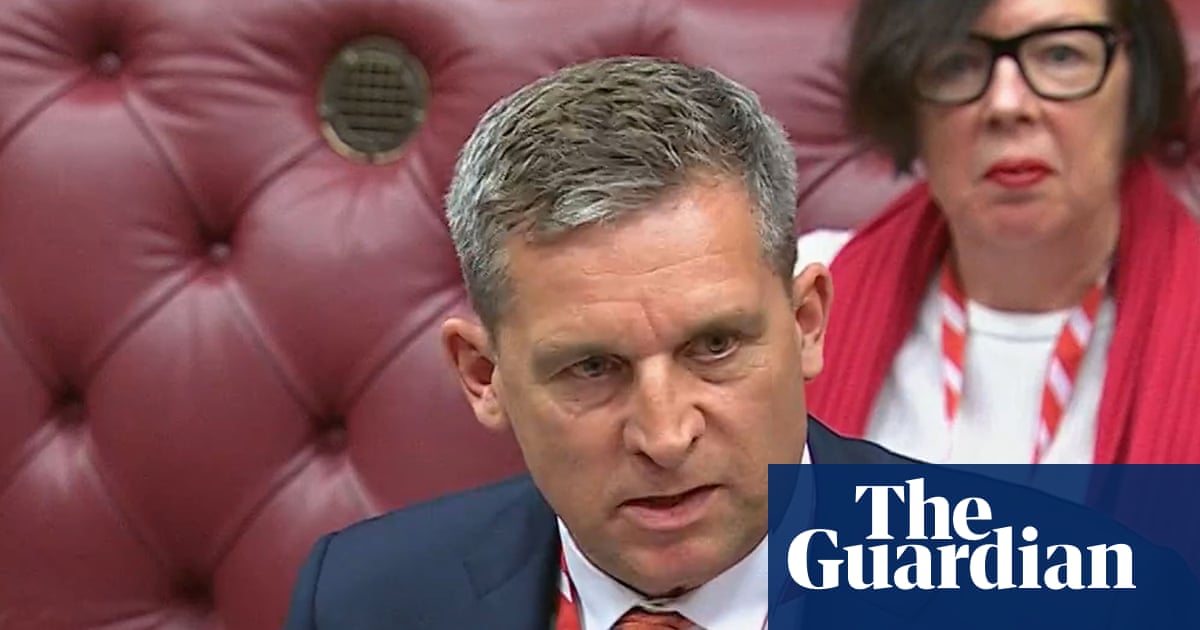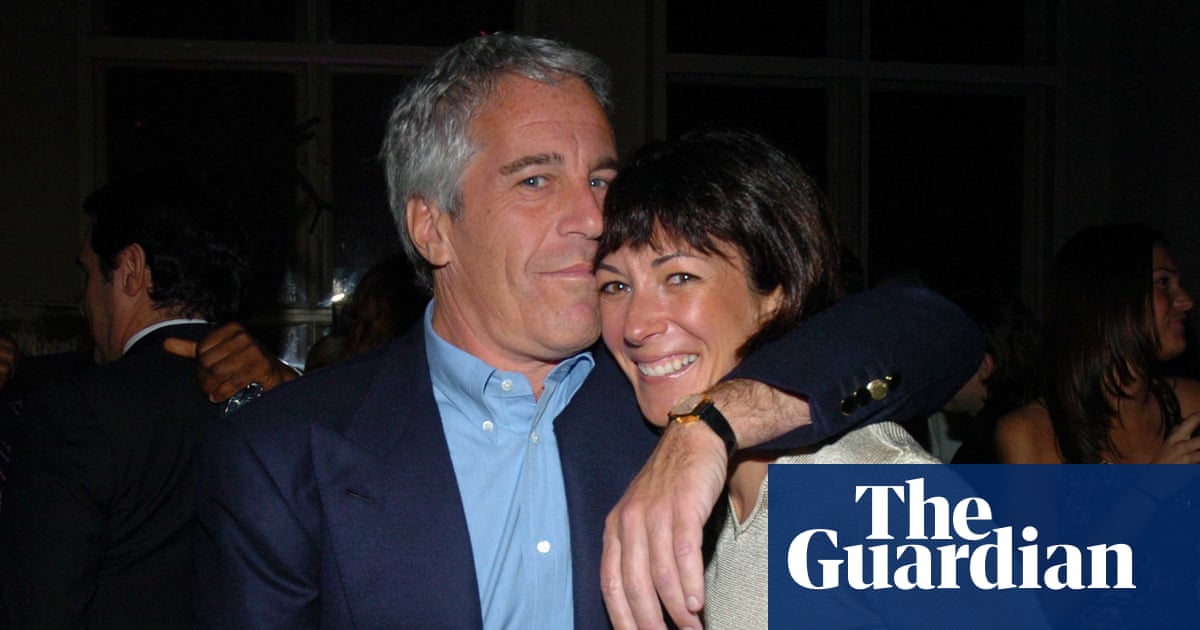Moldova will vote this Sunday in parliamentary elections that its president has described as the most important in the history of the small country. The results will confirm if Moldova, a former Soviet republic that gained independence in 1991, continues on its path of western integration, or moves back into Russia’s orbit.
What is the story and why does it matter?
The future of Moldova, a country of 2.4 million people, nestled between Ukraine and Romania, is being closely watched across the continent. Ukraine’s president, Volodymyr Zelenskyy, said this week that Moldova needed support to prevent it coming under Russian influence, a fate that had already befallen Georgia and Belarus. “Europe cannot afford to lose Moldova too,” he told the UN general assembly in New York.
Moldova has assumed an outsized role on the diplomatic chessboard because of its proximity to Ukraine and the Nato alliance, via its border with Romania, but also because of its trajectory. In 2021, Moldova elected the pro-European, pro-western Action and Solidarity party of President Maia Sandu with a healthy majority. After Russia’s full-scale invasion of Ukraine, Moldova applied for EU membership, secured candidate status in record time and now hopes to join the union by 2030.
Sandu was re-elected president in elections last year, but a referendum on the country’s EU membership was won by a razor-thin majority, raising questions about Moldova’s long-term direction. Both polls were marked by accusations of Russian interference, including a massive voter bribery scheme, said to have been orchestrated by a pro-Russian proxy, where $15m was alleged to have been transferred to 130,000 Moldovans, about 10% of the active electorate.
Now polls suggest Sandu’s PAS party faces a serious challenge from pro-Russian or nominally pro-European opposition parties that could deny her a parliamentary majority. Without a solid majority, the government may struggle to complete demanding economic and political reforms to join the EU, while it continues to grapple with entrenched poverty, stubbornly high inflation and relatively large numbers of Ukrainian refugees.
Sandu has argued that a Moscow-friendly government would be used as “a launchpad for hybrid attacks on the EU”, an argument European leaders seem to endorse. On a highly symbolic visit to Chișinӑu last month, alongside the leaders of France and Germany, Poland’s prime minister, Donald Tusk, said: “There can be no secure EU, no secure Poland, France and Germany without an independent Moldova.”
Who are the key players?
Maia Sandu, a Harvard-educated, former World Bank official, founded the centre-right, reformist PAS party in 2016. One of her closest allies is Dorin Recean, a pro-western economist and former interior minister, who became prime minister in February 2023.
Their PAS party faces a tough challenge from the Patriotic bloc, an alliance of leftwing, pro-Russian parties featuring Moldova’s former president Igor Dodon, who Sandu unseated in 2020. The Patriotic bloc argues that European integration is a threat to Moldova’s independence and seeks closer ties with Russia.
With the results so narrow, the role of smaller parties could be crucial. The Alternativa bloc, whose leaders include the Chișinӑu mayor, Ion Ceban, and the 2024 presidential runner-up, Alexandru Stoianoglo, seeks to rally disillusioned centrist voters. Nominally pro-European, it accuses the government of failure to guarantee good roads, decent salaries and pensions. Some analysts contend that Alternativa is a spoiler intended to draw support from the main pro-EU party, while preserving a channel of influence to Russia.
Also in the mix is the anti-establishment populist Our Party, led by a former mayor, Renato Usatîi, who previously had close links to Russian nationalist politicians.
Not on the ballot paper are candidates linked to the pro-Russian fugitive oligarch Ilan Shor. He was convicted in 2023 of fraud and money laundering in a case involving $1bn going missing from Moldovan banks in 2014 and is also alleged to have instigated last year’s mass vote-buying fraud.
How does the system work?
After the month-long campaign, voters on Sunday will elect 101 members of parliament under a proportional system.
Crucial to the results will be the votes of diaspora, with an estimated 1 million Moldovans estimated to live abroad. Moldovans living in western Europe have been crucial to the success of the ruling party and the narrow pro-EU referendum result. One unpredictable factor is the 277,000 registered voters in the breakaway region of Transnistria, which is controlled by pro-Russian separatists, although officially part of Moldova. Typically, turnout has been very low, but analysts say Russia has been stepping up disinformation in the region.
What is the likely outcome?
With opinion polls showing the ruling PAS party has a tiny lead over the Patriotic bloc, there are several possible results.
PAS could eke out a victory, ensuring continuity for its EU reform agenda. But a more likely result is that PAS comes first, but falls short of a majority, resulting in long and difficult talks to form a government. Some analysts have suggested the sticking points, such as foreign policy orientation, could prove so intractable that only new elections could break the deadlock. A third possibility is a victory for the pro-Russian bloc, with the support of centrist parties, which could weaken Moldova’s path to the EU and democratic reform agenda.
But all outcomes are uncertain, as the election unfolds amid intense fears of interference. Earlier this week, Moldovan authorities detained 74 people in 250 raids over an alleged Russia-backed plot to incite riots. Recean accused Russia of spending hundreds of millions of euros in an attempt to take power and lay “siege on our country”. The Kremlin has rejected all accusations of election meddling.
A risk assessment published by the Digital Forensic Research Lab concluded that Moldova faced “persistent Russian-led hybrid threats, including information warfare, illicit financing, cyber-attacks and proxy mobilisation, aimed at undermining the Moldovan government’s pro-EU agenda and boosting pro-Russian actors”. Such manipulation, combined with greater political fragmentation, risks greater voter apathy, threatening the integrity of elections, the researchers concluded.

 1 month ago
76
1 month ago
76
